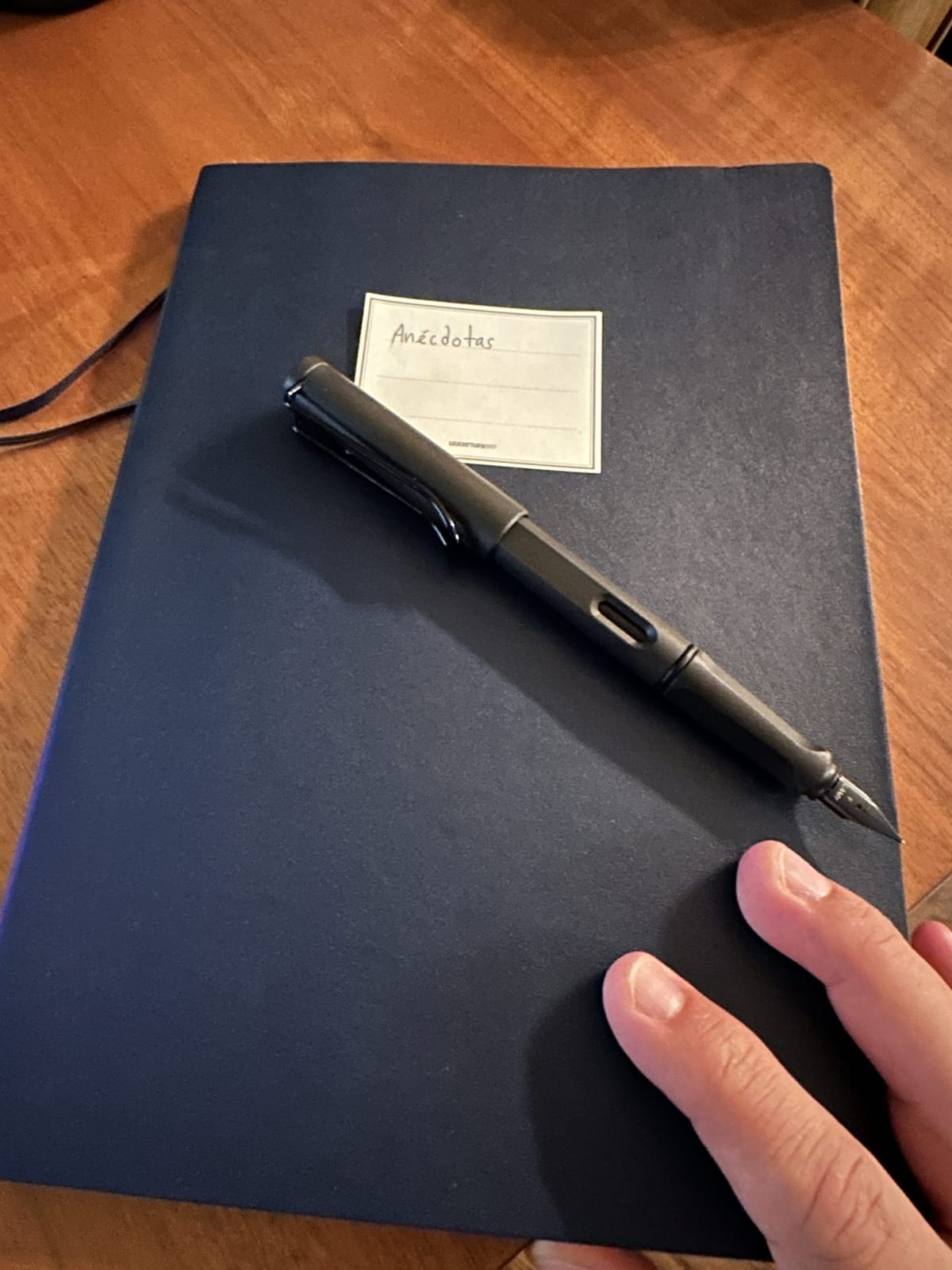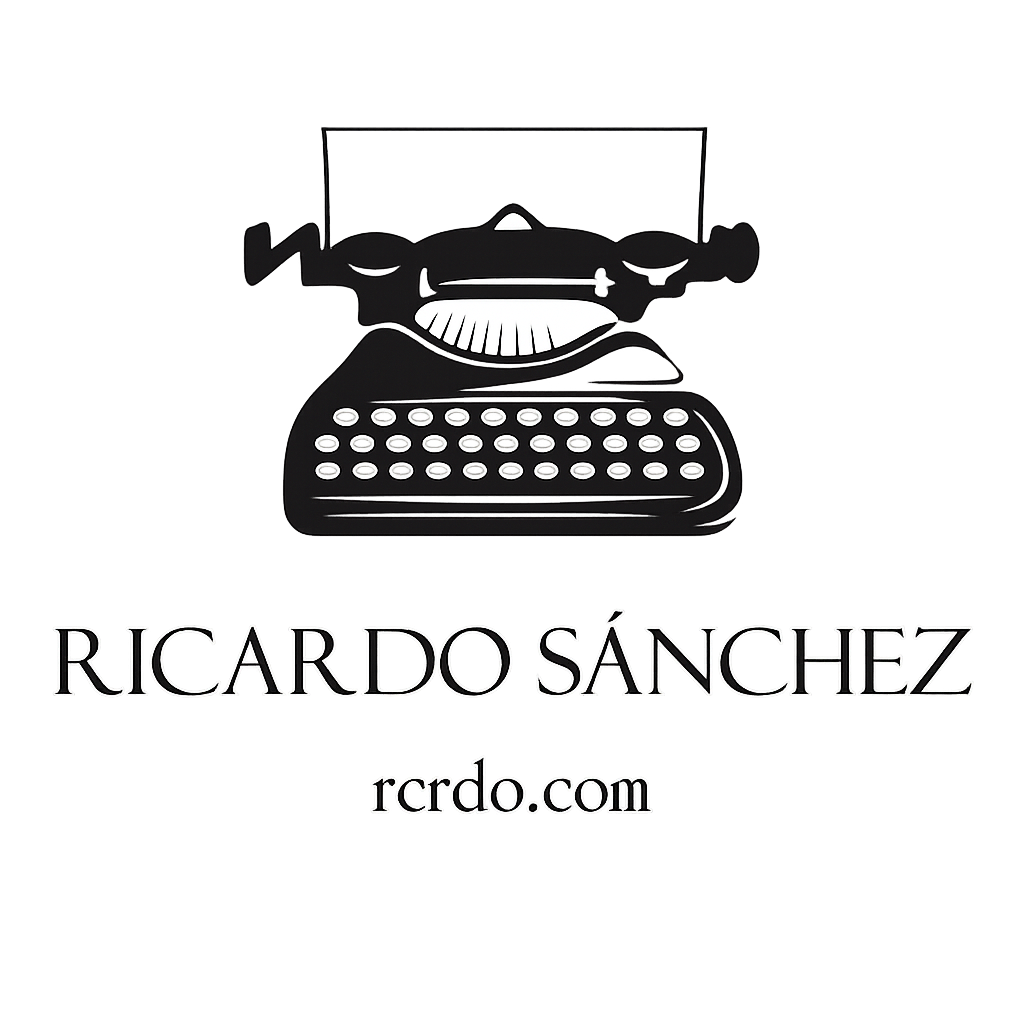I Want to Write a Book

I want to write a book, but I am unsure what it should be about. While I have plenty of words to type, being concise and specific often leaves me frozen. This isn’t the typical writer’s block, as I write words daily, sometimes in large quantities. However, understanding that writing a book likely requires choosing a genre and dedicating all my energy and words to it, I find myself hesitating. Should it be a memoir? A novel? Short stories?
I’m leaning towards a novel, something that entertains readers, imparts lessons, and perhaps even inspires. Isn’t that every writer’s aim? I’ve written for many years, in both Spanish and English, and choosing a language has also been challenging. My brain operates 50% in Spanish and 50% in English. Having moved to the United States at about 22, I experienced a linguistic shift. My first half of life was immersed in Spanish, and gradually, English became my predominant language for writing and reading. However, this shouldn’t be a major concern, as well-translated books can bridge language barriers.
As a middle-aged software engineer with a prolific career, I am looking to pivot to something I enjoy even more in the latter half of my life. Writing words that could be read by family and strangers long after I am gone appeals to me, albeit sounding somewhat narcissistic. Photography is another passion I wish to devote more time to, but I prefer focusing on one major project at a time. Therefore, writing is currently my priority.
My decision solidified after reading Stephen King’s “On Writing,” a phenomenal blend of memoir and writing manual brimming with tips and anecdotes. It’s one of my most highlighted books. I admire his approach and advice, though I feel like an imposter having not read any of his novels. I read extensively, just not his other works. King writes, “If you don’t have time to read, you don’t have the time (or the tools) to write. Simple as that.” I wholeheartedly agree.
The idea of writing a book isn’t novel; many people consider it at some point, often inspired by their love for books. A room full of books brings me contentment. It’s not just about reading them; it’s about appreciating the authors’ thoughts and crafting stories, which I find inspirational. This extends beyond books to related items like paper and pens. I particularly enjoy the texture and smell of paper and pens, especially fountain pens, a preference influenced indirectly by Neil Gaiman after watching his interview with Tim Ferriss.
Books have also been crucial in my professional life. I’ve been a passionate reader since childhood, but books took on greater significance as I grew older. My first challenging job in the United States involved managing a local network and applications for a small company in Minnesota. With some programming knowledge from my time in Mexico City, I still found myself lacking in areas like network administration. Despite this, I applied for a job requiring such skills, spurred by my enthusiasm and willingness to learn.
I remember the uncertainty after the job interview, but days later, a call from Jason, the company owner, changed everything. He offered me the job, acknowledging my lack of experience but valuing my enthusiasm and potential. That job marked a turning point, not just financially, but in the type of work I did and the intellectual challenges it offered. Books were instrumental in this transition, aiding me in learning about server and network management and even in expanding the company’s services.
Books, particularly non-fiction, have been a bedrock of my learning, offering a durable and accessible source of knowledge. But fiction, too, has enriched my life, broadening my perspective and appreciation for language and storytelling. In my view, books are among humanity’s finest creations, both meaningful and transformative.
My deep love for books underpins my goal to become a published writer. I want my future grandchildren to find my works in libraries or bookstores, to know the value of writing and reading, and to see writing as a means of sharing ideas, experiences, and stories with the world.
